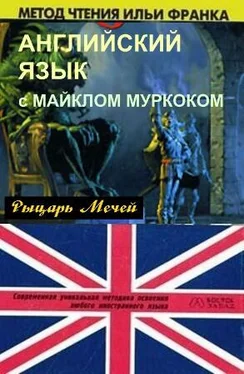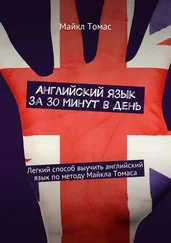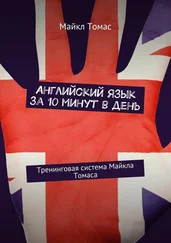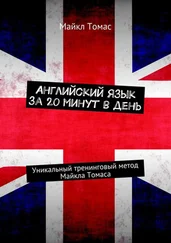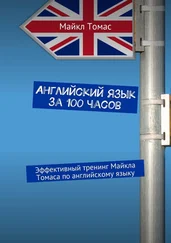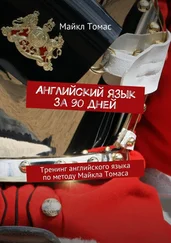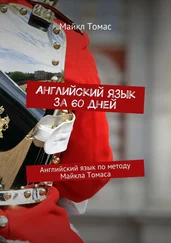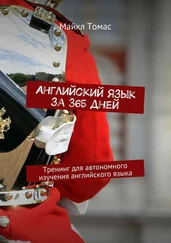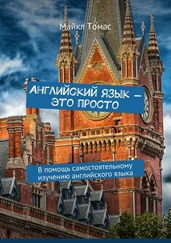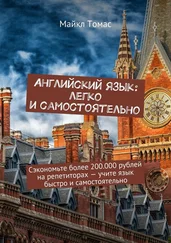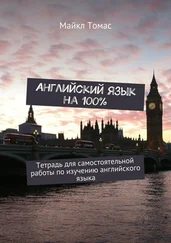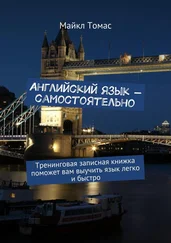chiefly [ˈtʃi:flɪ] folk [fəuk] specimen [ˈspesɪmən] rumour [ˈru:mə] sources [ˈsɔ:sɪz]
Occupying themselves chiefly with remote, intellectual pastimes, the family of Prince Khlonskey had had no contact with other Vadhagh folk for two hundred years and had not seen a Nhadragh for three hundred. No news of the outside world had come to them for over a century. Only once had they seen a Mabden, when a specimen had been brought to Castle Erorn by Prince Opash, a naturalist and first cousin to Prince Khlonskey. The Mabden — a female — had been placed in the menageries where it was cared for well, but it lived little more than fifty years and when it died was never replaced. Since then, of course, the Mabden had multiplied and were, it appeared, even now inhabiting large areas of Bro-an-Vadhagh. There were even rumours that some Vadhagh castles had been infested with Mabden who had overwhelmed the inhabitants and eventually destroyed their homes altogether. Prince Khlonskey found this hard to believe. Besides, the speculation was of little interest to him or his family. There were so many other things to discuss, so many more complex sources of speculation, pleasanter topics of a hundred kinds.
Prince Khlonskey's skin (кожа принца Клонски) was almost milk-white (была почти молочно-белой) and so thin (и настолько тонкой) that all the veins and muscles (что все вены и мышцы) were clearly displayed beneath (ясно просвечивали под /ней/; clearly — ясно, четко, очевидно; to display — выставлять, показывать; высвечивать ). He had lived for over a thousand years (прожил более тысячи лет) and only recently (и только недавно) had age begun to enfeeble him (возраст начал ослаблять его = он почувствовал старость; to begin-began-begun ). When his weakness became unbearable (когда его слабость стала бы невыносимой), when his eyes began to dim (когда его глаза = зрение начало бы ослабевать; to dim — тускнеть, затуманиваться; притупляться /о чувствах/ ), he would end his life (он закончил бы свою жизнь = покончил бы с собой) in the manner of the Vadhagh (по обычаю вадагов; manner — способ, образ действия; нрав ), by going to the Chamber of Vapours (через отправление = отправившись в Комнату Туманов; chamber — комната, спальня; зал; vapour — пар, туман ) and laying himself on the silk quilts and cushions (лечь на шелковые одеяла и подушки; quilt — стеганое, лоскутное одеяло; cushion — диванная подушка; упругая подкладка ) and inhaling the various sweet-smelling gases (и вдыхать различные ароматные газы; sweet — сладкий, душистый; to smell — чувствовать запах, нюхать; источать запах; to smell-smelt-smelt или smell-smelled-smelled ) until he died (пока не умрет; until — до тех пор пока, пока не ). His hair had turned a golden brown with age (его волосы стали золотисто-каштановыми с возрастом = от старости; to turn — вращать/ся/, поворачивать/ся/; превращаться, изменяться; brown — коричневый, карий, бурый ) and the colour of his eyes (цвет его глаз) had mellowed to a kind of reddish purple (потускнел до красно-фиолетового; to mellow — смягчаться, созревать; становиться выдержанным /о вине/; a kind of — нечто вроде, своего рода; reddish — красноватый ) with pupils of dark orange (со зрачками темно-оранжевого /цвета/; pupil — зрачок, зеница; ученик ). His robes were now rather too large for his body (его одеяния были теперь слишком большими для его тела; rather — до некоторой степени, слегка; очень, значительно ), but, although he carried a staff of plaited platinum (и, хотя он носил посох, /украшенный/ плетеной платиной; to carry — /пере/носить, /пере/возить; иметь с собой; staff — посох, палка, клюка; plaited — заплетенный, переплетенный ) in which ruby metal had been woven (в который ярко-красный металл был инкрустирован; ruby — ярко-красный, рубиновый цвет; to weave — ткать, вплетать, соединять/ся/, сливаться; to weave-wove-woven ), his bearing was still proud (его осанка была по-прежнему гордой; bearing — поведение, осанка, манера держаться ) and his back was not bent (и его спина не была согнута = он держался прямо; back — спина, спинка; оборотная сторона; to bend — сгибать/ся/, наклонять/ся/; to bend-bent-bent ).
veins [veɪnz] muscles [ˈmʌslz] beneath [bɪˈni:Ɵ] enfeeble [ɪnˈfi:bl] inhaling [ɪnˈheɪlɪŋ] vapour [ˈveɪpə] proud [praud]
Prince Khlonskey's skin was almost milk-white and so thin that all the veins and muscles were clearly displayed beneath. He had lived for over a thousand years and only recently had age begun to enfeeble him. When his weakness became unbearable, when his eyes began to dim, he would end his life in the manner of the Vadhagh, by going to the Chamber of Vapours and laying himself on the silk quilts and cushions and inhaling the various sweet-smelling gases until he died. His hair had turned a golden brown with age and the colour of his eyes had mellowed to a kind of reddish purple with pupils of dark orange. His robes were now rather too large for his body, but, although he carried a staff of plaited platinum in which ruby metal had been woven, his bearing was still proud and his back was not bent.
One day he sought his son, Prince Corum (однажды: «/в/ один день» он нашел своего сына, принца Корума; to seek — искать, разузнавать; to seek-sought-sought ), in a chamber where music was formed (в зале, где слагалась музыка) by the arranging of hollow tubes (на инструменте из тонкостенных трубок; to arrange — приводить в порядок, расставлять, классифицировать; hollow — пустой, полый; ввалившийся ), vibrating wires (вибрирующих струн; wire — провод, проволока ) and shifting stones (и движущихся самоцветов; shifting — непостоянный, меняющийся, подвижный; stone — камень, драгоценный камень ). The very simple (очень простая), quiet music (тихая музыка) was almost drowned (была почти заглушена; to drown — тонуть, заглушать; подавлять ) by the sound of Khlonskey's feet on the tapestries (звуком шагов Клонски по коврам; foot — ступня, стопа, подножие; походка; tapestry — затканная от руки материя, гобелен ), the tap of his staff (стуком его посоха; tap — легкий стук, барабанная дробь ) and the rustle of the breath in his thin throat (и шумом выдыхаемого воздуха в его худом горле = хриплым дыханием; rustle — шелест, шорох, шуршание; breath — дыхание, вздох; thin — тонкий, худощавый; throat — горло, глотка, гортань ).
Читать дальше
